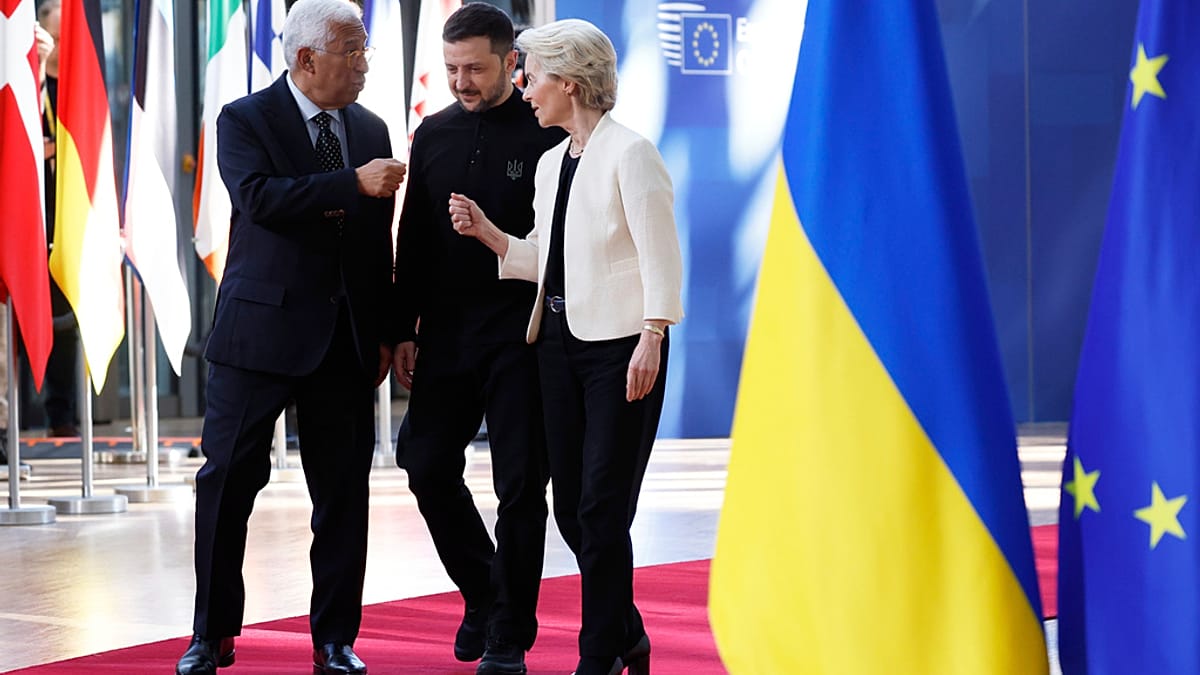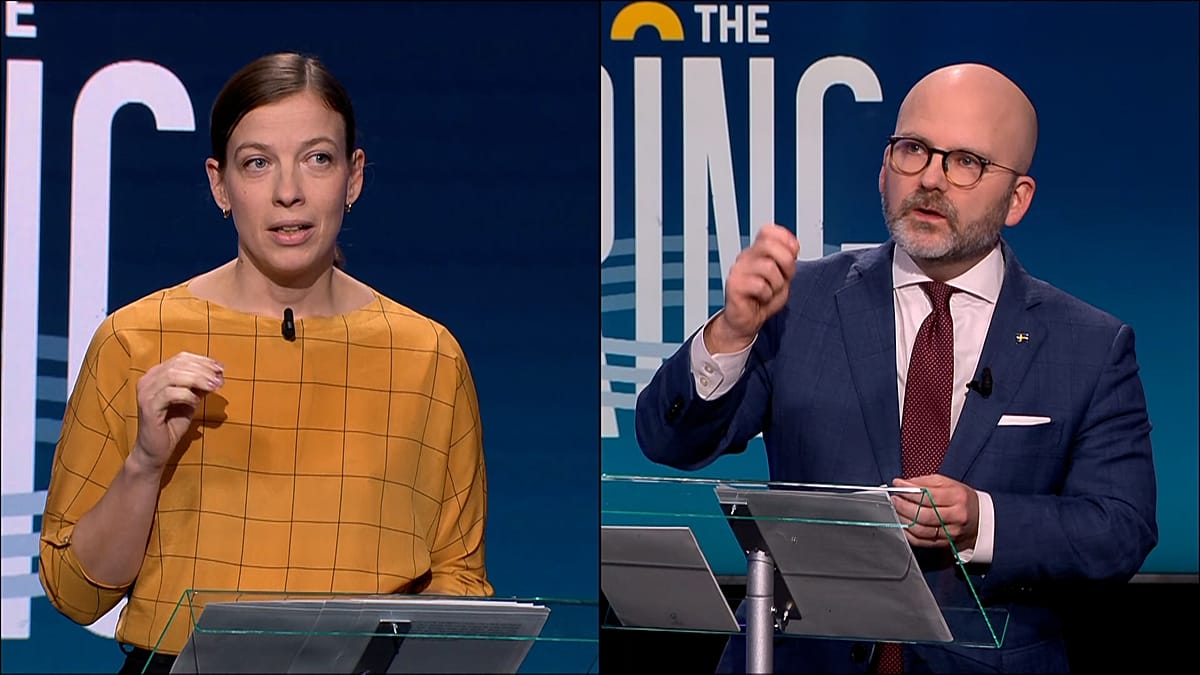
Just like a tantrum-throwing tot, it required very clear instructions, but AI itself was not as scary nor as complicated as many people thought.
“It’s just software, right. It’s a tool … you’ve still got to have humans in the loop,” the Queenstown businesswoman said.
Ms Jenner has spent eight years building a data-driven learning platform called Actvo and recently moved into the United States market, starting in Denver, Colorado.
New Zealand companies were losing about $50 billion a year to “sleepwalker employees” — staff who turned up but tuned out — and the solution lay with better-supported managers, she said.
Actvo aimed to help companies cut disengagement, boost productivity and improve staff retention through using AI “for good”.
Ms Jenner has more than 25 years of business experience in general management, strategy, product design and marketing and has worked for the likes of Saatchi & Saatchi, the NZX, Barclays Bank and Microsoft.
It took her around the world, and she made many personal sacrifices. Looking back, it was intense and she burnt out.
She realised this was a common problem and she designed methodology to help people recentre themselves at work later in life. What started as a hobby had “turned into my calling” and she was now all about impact and purpose, she said.
In her earlier years of work, Ms Jenner encountered the likes of bullying and sexual harassment in the workplace.
“It was hard [but] I think it’s harder now. We, as older people, forget all of those problems are still there, but now there are other problems. Workplaces have become so unhealthy and hard for young people.”
She believed the Covid-19 pandemic was the tipping point for “a huge amount of escalation of fear” in the workplace. Returning recently from the US, she said people there were afraid of their personal safety at work.
“We, as leaders, have to recognise people’s emotions right now, how fearful people are at work. People are really unhappy and afraid. We’ve broken work,” she said.
She believed many young people were not going to want to work and would give up the idea of having a career and financial independence.
Business leaders had a responsibility for people at work and that workplace also needed to be fun. Her intention was to approach the issue from the top and educate leaders on their role and build a product “to change the way we care about our people at work”.
Actvo adapted human-centred methodology to a digital process fully automated and enabled by AI.
“Our software has remarkable accuracy as it uses individually curated data insights to provide context to the LLM [large language models — advanced AI systems built on deep neural networks designed to process, understand and generate human-like text] trained in our unique IP for career crafting.”
That reduced the need for leaders and HR to develop personalised development plans, saving management time and money.
Many people did not know what they were capable of and could either over- or underestimate their capability. By using the Actvo software, it took the burden off managers having to figure that out.
Ms Jenner chose Denver for her international expansion because New Zealand had various economic partnerships with Colorado and it was a state that was similar to New Zealand in size, although businesses were more productive and profitable.
“They have a philosophy [of] give first. When you arrive into Denver, they say ‘how can I help you?’ It’s a very pay-it-forward mindset,” she said.
In recent weeks in the US, Actvo had initiated partnership talks with various businesses, been invited to speak at leadership events and featured on business podcasts.
Conversations in Denver reinforced that the productivity challenge was not unique to New Zealand — it was global, Ms Jenner said.
“Leaders everywhere are looking for practical ways to keep people more engaged in a world that’s speeding up. With AI changing the nature of work, the skills we can’t afford to lose are human problem-solving, adaptability and emotional intelligence.
“We believe AI can be used to amplify those skills, not replace them,” she said.














